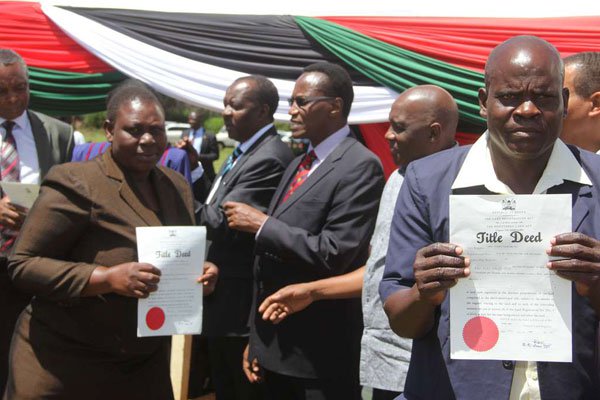id21 natural resources highlights 6: Rural livelihoods
This bi-annual addition of id21 Natural Resources Highlights looks specifically at rural livelihoods. It contains the following three articles:
New thinking needed to tackle the rural employment crisis
A further 106 million people will have joined the rural labour force in the developing world by 2015. This article asks whether enough jobs can be created in rural areas to meet this demand, or whether further urban migration is the only answer.
How can small-scale producers compete globally?



